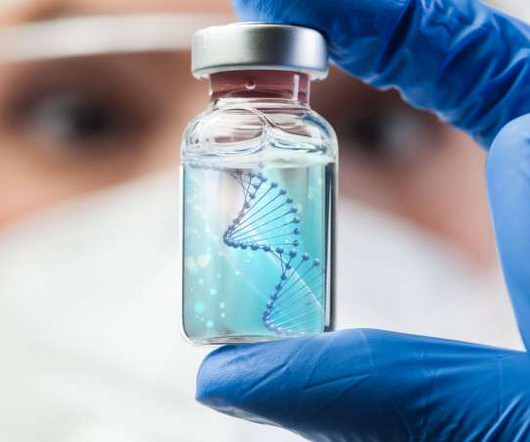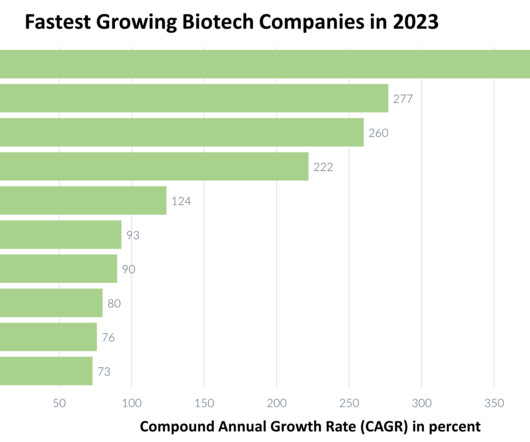The future outlook for mRNA therapies
Drug Discovery World
APRIL 30, 2024
Messenger RNA (mRNA) has come into focus within the drug discovery and development as an exciting tool to deliver genetic information. mRNA is a molecule made up of a single strand of ribonucleic acid (RNA). We believe it can now do the same for rare diseases.” “We













Let's personalize your content